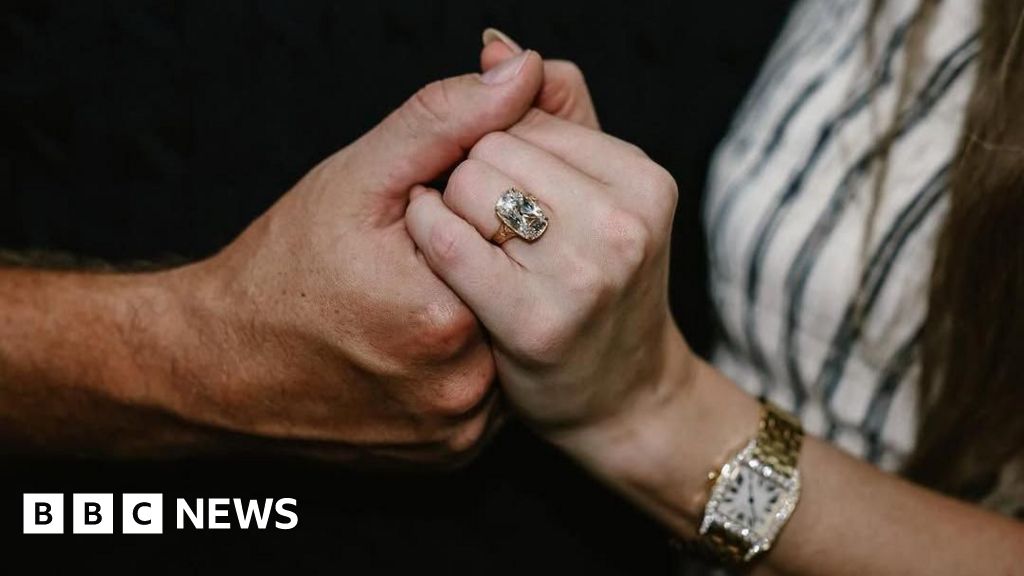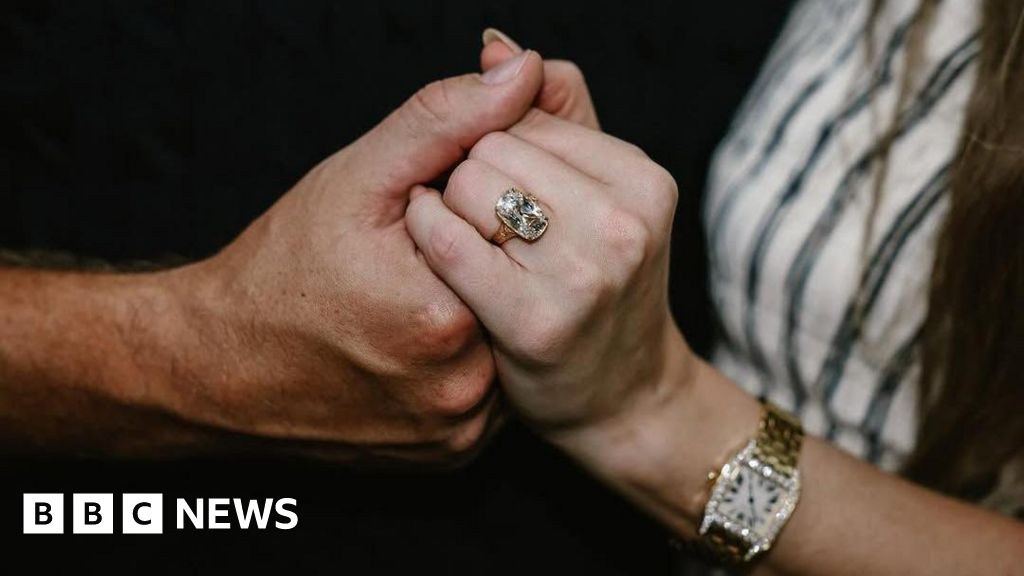In a powerful letter sent to Prime Minister Sir Keir Starmer, over 400 influential figures from the UK's creative sector, including Sir Ian McKellen and Florence Welch, are urging for immediate action to address their concerns regarding artificial intelligence's increasing incorporation of copyrighted material in training datasets. Artists fear that without adequate protections, their original content could be freely utilized by tech companies, jeopardizing not just their livelihoods but also Britain's standing as a creative leader on the global stage.
The proposed amendment to the Data (Use and Access) Bill aims to ensure that developers must maintain transparency with creators about how their work is used in training AI models. Government representatives have expressed a commitment to fostering both AI innovation and creative industries but emphasize that any modifications to existing laws will only occur after thorough consideration.
Signatories of the letter include not just musicians but also esteemed authors and playwrights, like Kazuo Ishiguro and David Hare, reinforcing the universal concern regarding the intersection of technology and creativity. They argue that artists are crucial to the growth of cultural narratives and innovations, and without legal safeguards, the potential for AI exploitation looms large.
Notably, Baroness Beeban Kidron has put forth the amendment believed to strike a balance between innovation in AI and the protection of creators' rights, allowing for sustainable licensing agreements that benefit both parties in the long run. However, not all agree with the artists' approach; critics warn that overly strict copyright laws could hinder the UK's growth in AI development.
Despite differing opinions, the enduring anxiety among artists is palpable, particularly regarding the risk of unauthorized use of their works. Past protests, including the silent album released by artists like Annie Lennox, are indicative of the growing unrest regarding proposed copyright reforms.
In light of these developments, it is clear that the outcome of consultations on copyright laws could shape the future of the UK's creative landscape and its burgeoning AI industry. As artists, policymakers, and tech developers converge to find common ground, one thing remains certain—careful deliberation is vital for constructing a fair and thriving creative ecosystem.
The proposed amendment to the Data (Use and Access) Bill aims to ensure that developers must maintain transparency with creators about how their work is used in training AI models. Government representatives have expressed a commitment to fostering both AI innovation and creative industries but emphasize that any modifications to existing laws will only occur after thorough consideration.
Signatories of the letter include not just musicians but also esteemed authors and playwrights, like Kazuo Ishiguro and David Hare, reinforcing the universal concern regarding the intersection of technology and creativity. They argue that artists are crucial to the growth of cultural narratives and innovations, and without legal safeguards, the potential for AI exploitation looms large.
Notably, Baroness Beeban Kidron has put forth the amendment believed to strike a balance between innovation in AI and the protection of creators' rights, allowing for sustainable licensing agreements that benefit both parties in the long run. However, not all agree with the artists' approach; critics warn that overly strict copyright laws could hinder the UK's growth in AI development.
Despite differing opinions, the enduring anxiety among artists is palpable, particularly regarding the risk of unauthorized use of their works. Past protests, including the silent album released by artists like Annie Lennox, are indicative of the growing unrest regarding proposed copyright reforms.
In light of these developments, it is clear that the outcome of consultations on copyright laws could shape the future of the UK's creative landscape and its burgeoning AI industry. As artists, policymakers, and tech developers converge to find common ground, one thing remains certain—careful deliberation is vital for constructing a fair and thriving creative ecosystem.





















